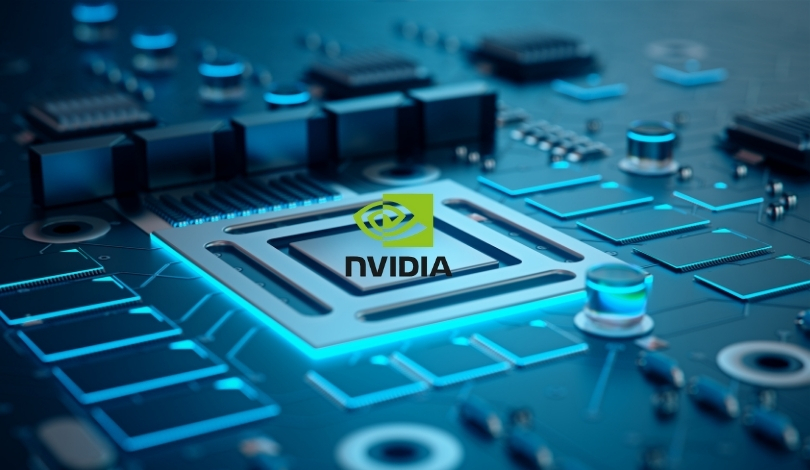Nvidia, recently surpassing Microsoft to become the world’s most valuable company, now finds itself under intense scrutiny from French antitrust regulators. The investigation, part of the European Union’s effort to maintain regulatory checks within the tech industry, signals potential charges against Nvidia for anti-competitive practices. The tech giant’s rapid ascent in the industry has drawn significant attention, raising questions about the balance between market dominance and fair competition. This move by French authorities is a critical step in examining Nvidia’s influence over the tech sector and its business models. For more details, visit Bloomberg.
Nvidia’s Expanding Influence
Nvidia has evolved from a graphics chip manufacturer to a leader in AI, data centers, and autonomous vehicles. The company’s GPUs are integral to AI and machine learning applications, driving advancements in various technological fields. Nvidia’s products power advanced computing systems across multiple industries, contributing significantly to its hefty market valuation, which now surpasses that of tech giants like Apple and Microsoft.
Regulatory Scrutiny Intensifies
The French antitrust regulators’ investigation is focused on allegations that Nvidia has used its dominant market position to suppress competition. The scrutiny aligns with a broader global trend where tech giants are increasingly examined over their market practices. European regulators are particularly vigilant, ensuring a level playing field and protecting consumer interests in a rapidly evolving digital economy.
Implications for Nvidia
Should the charges be substantiated, Nvidia could face significant fines and may be required to alter its business practices. While financial penalties are noteworthy, the operational changes could be more impactful, potentially affecting Nvidia’s competitive edge and market strategy. This regulatory action reflects a broader consensus on balancing innovation with fair competition, a challenge many tech giants face.
Similar regulatory challenges have been encountered by other tech behemoths, such as Google, Amazon, and Facebook, indicating a widespread regulatory effort to address market dominance issues. In September 2023, French authorities had already initiated raids on companies suspected of anti-competitive practices related to graphics card products. Although Nvidia was not named then, it later confirmed being among the companies under investigation.
Nvidia’s situation is further complicated by scrutiny from regulators in the US, European Union, China, and the UK. The chipmaker acknowledged that increased interest in its AI-related markets has drawn significant regulatory attention. This environment of heightened oversight requires Nvidia to navigate carefully, balancing regulatory demands with its market ambitions.
The French antitrust investigation has included interviews with market participants to understand Nvidia’s role in production price control amid a chip shortage. The gathered information could influence the regulatory approach and outcomes, potentially setting a precedent for similar cases globally.
Nvidia will likely present a robust defense, emphasizing its contributions to technological progress and economic growth. The company consistently argues that its business practices benefit consumers and industries, positioning itself as a positive force in the tech landscape. However, public and regulatory perceptions can diverge significantly, posing a challenge for Nvidia to maintain its dominance while addressing these concerns.
Resolving this regulatory challenge will be crucial for Nvidia’s future trajectory. The company’s response could shape its legacy as a leading tech firm, demonstrating how it adapts to evolving market demands while ensuring fair competition. This scenario underscores the broader regulatory landscape where innovation and market fairness must coexist, ensuring benefits for a wide array of stakeholders.










